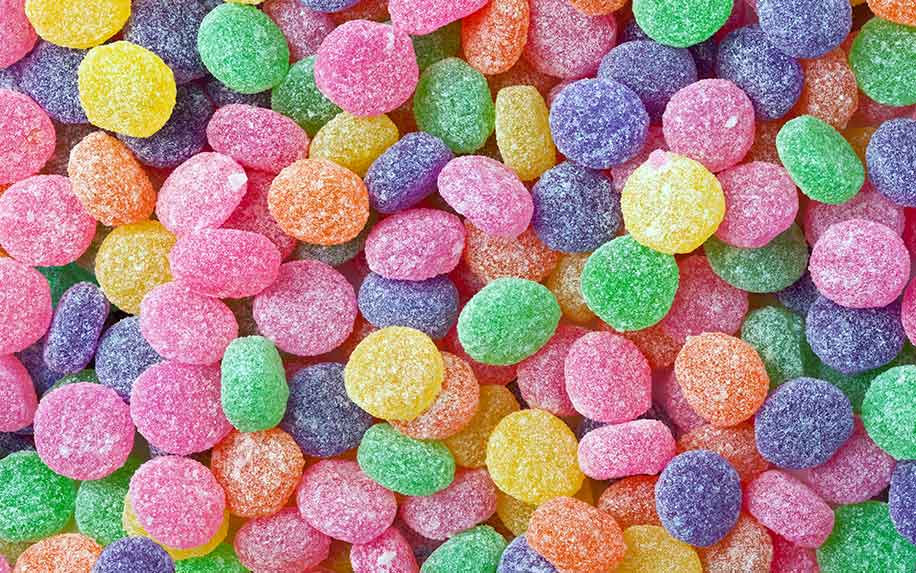Delta-8 THC, a cannabinoid found in the cannabis plant, has been gaining attention for its unique effects and potential benefits. Unlike its more well-known cousin, Delta-9 THC, which is associated with the psychoactive effects of marijuana, Delta-8 THC offers a milder, more subtle experience. This compound interacts with the body’s endocannabinoid system, specifically binding to CB1 receptors in the brain and nervous system, albeit with less potency than Delta-9 THC. One of the most notable effects of Delta-8 THC is its ability to induce a gentle euphoria and relaxation without the intense high often associated with Delta-9 THC. Users report feeling a sense of calmness and mental clarity, making it appealing to those who seek the therapeutic benefits of cannabis without the overwhelming psychoactive effects. This makes Delta-8 THC an attractive option for individuals who may be sensitive to the potent effects of Delta-9 THC or who are looking for a more functional high.

Furthermore what is delta 8? Delta-8 THC is said to offer a smoother, more manageable high compared to Delta-9 THC, with fewer adverse side effects such as anxiety, paranoia, or lethargy. Many users describe the experience as uplifting and mood-enhancing, making it suitable for social situations or creative endeavors. Additionally, some individuals report that Delta-8 THC provides relief from symptoms such as pain, inflammation, nausea, and anxiety, although more research is needed to fully understand its therapeutic potential. In terms of consumption, Delta-8 THC is available in various forms, including edibles, vape cartridges, tinctures, and concentrates. Each method of ingestion offers its own unique onset time and duration of effects, allowing users to tailor their experience to their preferences and needs. Edibles, for example, provide a longer-lasting high but may take longer to kick in compared to vaping, which offers a quicker onset but shorter duration.
It is important to note that the legality of Delta-8 THC can vary depending on location, as it is often derived from hemp rather than marijuana. While the 2018 Farm Bill legalized the production and sale of hemp-derived products containing less than 0. 3% Delta-9 THC, some states have implemented restrictions or outright bans on Delta-8 THC due to its psychoactive properties. Therefore, consumers should familiarize themselves with the laws and regulations in their area before purchasing or using Delta-8 THC products. In conclusion, Delta-8 THC offers a unique alternative to traditional cannabis products, providing a milder, more manageable high with potential therapeutic benefits. Its ability to induce relaxation, euphoria, and mental clarity makes it appealing to a wide range of consumers, from those seeking recreational enjoyment to individuals looking for symptom relief. However, further research is needed to fully understand its effects and potential risks, and consumers should exercise caution and discretion when using Delta-8 THC products.